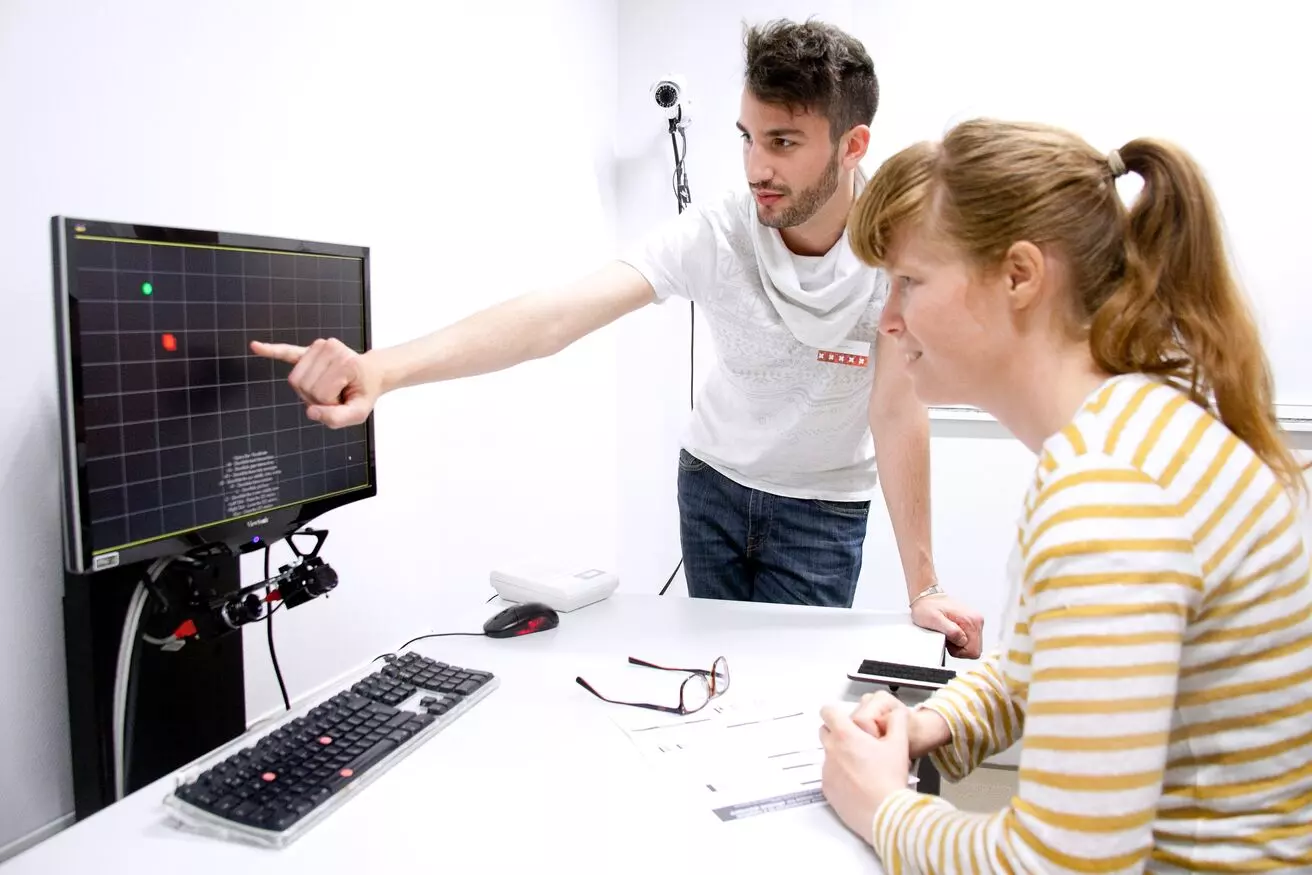Not found

More vacancies

Postdoc Position in Molecular and Material design
- Faculty of Science
- €3.378 - €5.331
- Closes on17-04-2025
- PhD
- 38 hours
Looking for an interesting postdoctoral position in Molecular and Material design? Join us!
View vacancy

Postdoc Investigating Human Sources of Bias in AI Face Classification Models
- Faculty of Social and Behavioural Sciences
- €4.537 - €6.209
- Closes on15-04-2025
- PhD
- 30 - 38 hours
How are human ideologies and prejudices amplified by AI models? How do human biases get into AI model training data? And how does the output of such models influence the decisions and behaviors of users? Given the world’s increasing reliance on AI for decision making, it is crucial to understand the role of AI models in propagate human ideologies and prejudices.
View vacancy

Postdoctoral researcher in Ottoman History
- Faculty of Humanities
- €3.378 - €5.331
- Closes on10-04-2025
- PhD
- 38 hours
The Amsterdam School for Historical Studies (ASH) invites applications for a Postdoctoral Researcher position in Ottoman History for four years (0.9 FTE), starting 1 Sept 2025. This position is part of the project Daily Bread: A Comparative Urban History of Early Modern Food Protests, funded by the Netherlands Organization for Scientific Research and led by Prof. Maartje van Gelder.
View vacancy
This website uses cookies
We, and third parties, use cookies on our website. We use cookies to ensure that our website functions properly, to store your preferences, to gain insight into visitor behavior, but also for marketing and social media purposes (showing personalized advertisements). By clicking 'Accept', you agree to the use of all cookies. In our Cookie Statement. you can read more about the cookies we use and save or change your preferences. By clicking 'Refuse' you only agree to the use of functional cookies.
